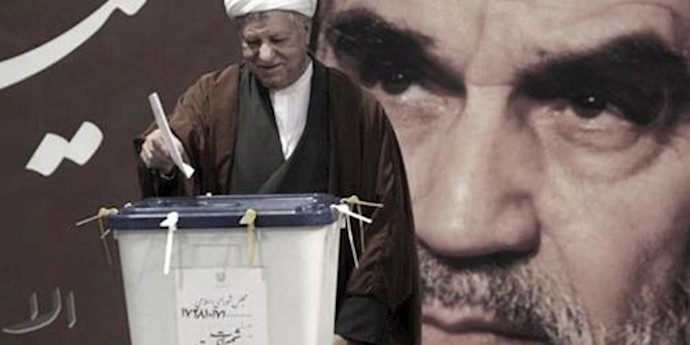By:Prof. Raymond Tanter
The search for moderates in Iran to justify the nuclear deal with Tehran would benefit from looking at the moderate Iranian opposition that rejects both clerical rule of Iran as well as acquiring nuclear weapons in word and deed. It is the main adversary of the Islamic Republic from within.
Iran’s parliamentary elections took place on February 26. They prompted two narratives of the outcome. As headlined in The New York Times of Feb. 29, “Iranian President and Moderates Make Strong Gains in Elections.” But as noted in The Weekly Standard Magazine of Mar.14, Iran’s moderates only “Make-Believe” ones. The Obama administration advocated the nuclear deal with Iran (Joint Comprehensive Plan of Action) partly to reinforce “moderates” of the regime.
Foreign powers like the United States should place their bets on the Iranian opposition rather than the Islamist theocracy. Reinforcing the Iranian opposition is in line with the second narrative that the search for regime moderates is wishful thinking. Think about the characters selected by the theocracy to stand for election.
Those allowed to run did so as reformists-in-name-only. Their views and political records demonstrated steadfast allegiance to Supreme Leader Ali Khamenei and the vicious policies of the Islamic Republic.
Among the leaders of this supposedly reformist faction in 2016 is former President Ali Akbar Hashemi Rafsanjani. In 1988, however, he presided over arguably the worst period of Iran’s state-sponsored international terrorist activities, as well as helped carry out a fatwa that led to the execution of approximately 30,000 political prisoners within Iran. The overwhelming majority were activists of the People’s Mojahedin Organization of Iran (PMOI or MEK), the true Iranian moderates.
On April 17, 1992, a report from Elaine Sciolino of The New York Times told how then-President of Iran, Rafsanjani sketched a vision of a moderate, modern Iran.
Included in what Rafsanjani ironically described as a “List of Hope” are a former Intelligence Minister and Prosecutor who oversaw assassinations of dozens of authors and intellectuals, a former Revolutionary Court Prosecutor, who supervised all executions of political prisoners and became globally infamous for issuing medieval sentences. They consisted of stoning four military servicemen and torturing as well as executing hundreds of dissident religious scholars.
Source: Town Hall, 9 March 2016








